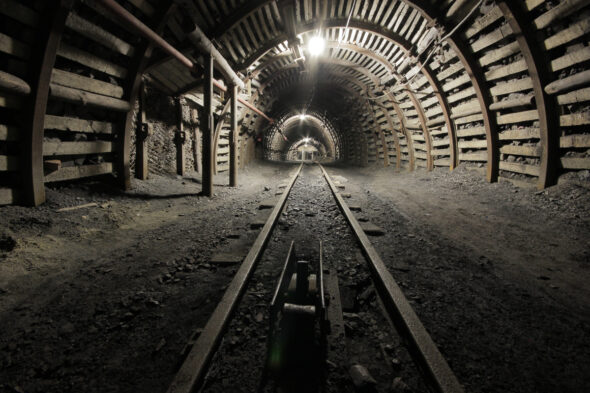Recently Kantar Public conducted a Net Promoter Score (NPS) survey [1] among miners. The results exposed a never-before-seen level of dissatisfaction among that professional group. The picture painted employees in a trap, afraid of the future and layoffs, but adamant at sticking to their current job, because it is the best (or even the only) option of employment in the area. Living in such a precarious situation is frustrating, but it is still better than leaving, because the competencies the minders acquired during their carriers may not be useful in other trades – Krzysztof Jodłowski, social and marketing researcher with 20 years of experience, writes.
NPS is an intuitive indicator of loyalty
The NPS is acquired thanks to surveys, and it is popular in business because of its simplicity. It is used, among others, to gauge the loyalty of employees. The respondents can choose a number from the scale between 0 and 10 to answer the question „How probable is it that you’d recommend your job to an acquaintance or a family member?”. Detractors choose 0-6, people who are passive pick 7-8 and promoters mark 9-10. To come up with the Net Promoter Score one needs to deduct the score of the detractors from the promoters, in theory the result ranges from +100 to -100. In practice a +50 score is excellent, +10 is good, over 0 – unacceptable. Whereas -10 should ring the alarm bells and -30 is equal to the worst results that have been recorded in Poland, it requires that the employer make long-term, comprehensive plans to improve their worker satisfaction.
In the majority of the parameters, NPS among Silesian miners is at a record-low -70
The disastrous diagnosis pertains to health, the future of mining, effort, work conditions and security. The critically low value of NPS sends a signal that miners are in a trap, they are unsatisfied, demotivated and lack perspective. In reality the level of frustration should force them to move to other sectors. This isn’t happening because they have fallen prey to their wages and work privileges (accelerated retirements, four-year leaves). Apart from the mining sector, the market does not offer such benefits, so they stick to their jobs, despite their disappointment.
| Promoters
(9-10) |
Passives
(7-8) |
Detractors
(0-6) |
NPS | |
| Impact on health | 7% | 13% | 80% | -74 |
| Future of the industry | 6% | 17% | 78% | -73 |
| Level of physical effort | 7% | 14% | 79% | -72 |
| Work conditions | 9% | 13% | 79% | -70 |
| Work safety | 9% | 14% | 77% | -69 |
| Level of basic wage | 22% | 36% | 42% | -20 |
| Emplyee benefits | 26% | 37% | 37% | -11 |
| Miners, n=150 | ||||
The miners have many concerns about employment
As many as 90 percent of miners agree with the statement „I like my work place a lot”. Yes, they do agree, because they understand that mining is way ahead when it comes to wages and social benefits in comparison to other possibilities of employment. „Liking” in this case does not mean satisfaction from work (which was visible in the NPS results), rather it shows the contrast with the surroundings: 43 percent of miners do not believe they could find a job outside of the sector in a nearby area. They feel they have no alternative.
They also know that their employment status is stable only on the surface. As many as 62 percent are afraid of losing their job. The anxiety grows, when they compare their competencies with what is required on the wider market: 47 percent of miners believe that their qualifications „do not create” any possibility of employment outside of mining, 37 percent say they „perhaps create” and only 3 percent believe that they „definitely create” such possibilities. This means the skills acquired during their mining careers do not give the miners certainty that they will also do well at a different job.
[1]A quantitative CAPI survey conducted in April 2021 on a sample of n=600 people from the Silesian voivodship, including n=150 miners, n=150 partners of miners and n=300 residents of mining regions.









